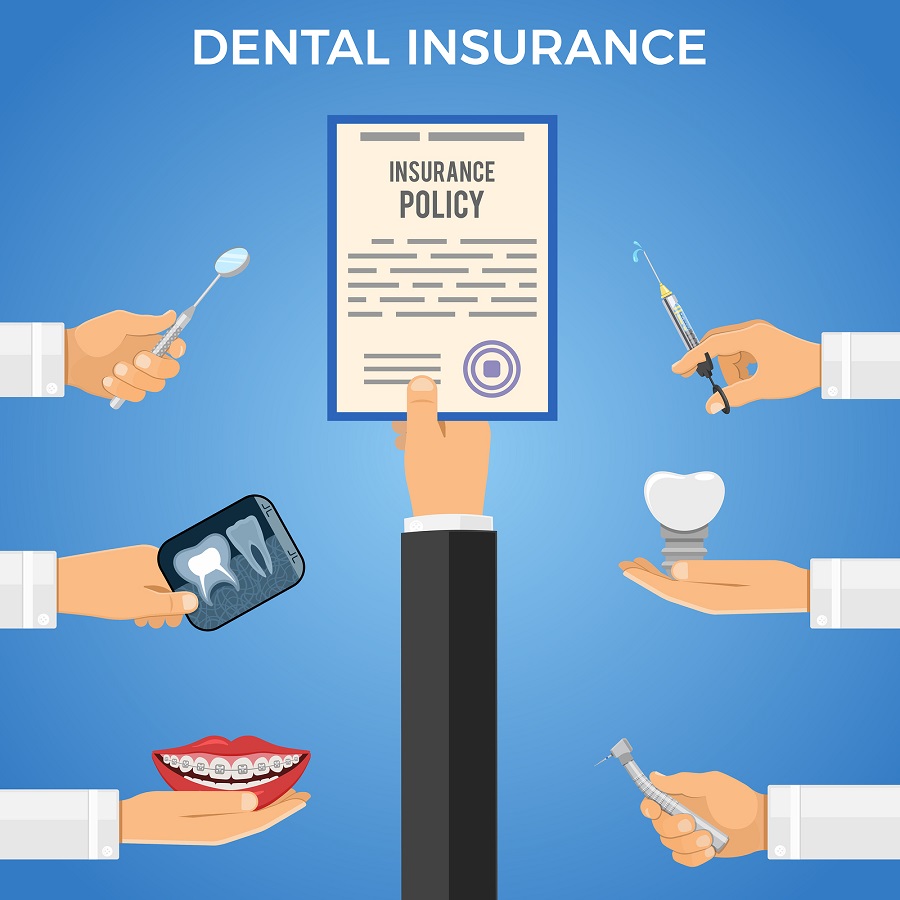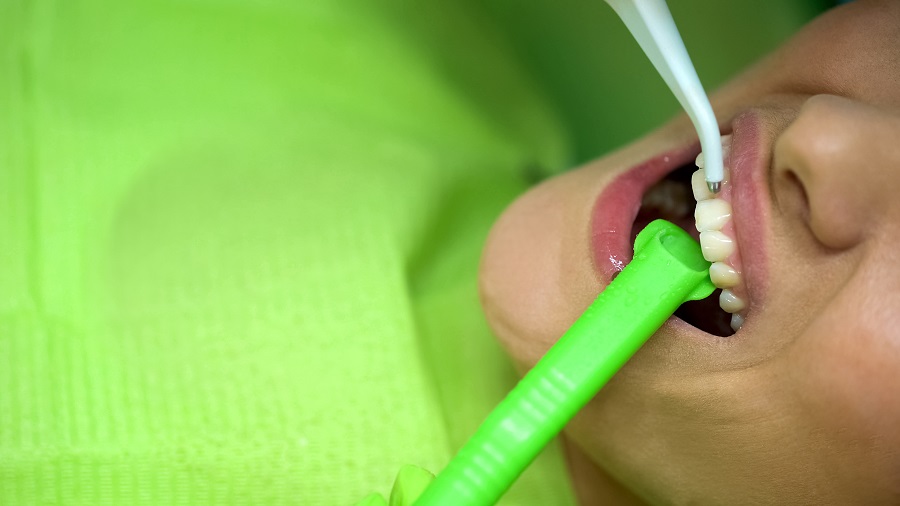Five Common Reasons for Tooth Extraction
Posted by Complete Dental Health LLC on Nov 5 2023, 10:32 PM

Ready to learn about the top reasons why tooth extraction may be necessary? Whether you're curious, preparing for a dental procedure, or simply interested in oral health, this blog post has got you covered. Tooth extraction is a common dental procedure that involves removing a tooth from its socket in the jawbone. While it may seem daunting, there are various reasons why dentists recommend tooth extraction. In this article, we'll explore five of the most common reasons for this procedure and provide helpful tips for recovery and aftercare. So grab a seat, and let's dive into the world of tooth extraction!
Five Common Reasons for Tooth Extraction
Tooth extraction is a common dental procedure that involves the removal of a tooth from its socket in the bone. While dentists strive to preserve natural teeth whenever possible, there are instances when extraction becomes necessary. In this blog section, we will explore five common reasons why tooth extraction may be recommended.
- Severe Decay: When a tooth is affected by extensive decay or cavities that cannot be treated with fillings or root canals, extraction may be necessary. This prevents further damage and infection from spreading to neighboring teeth.
- Gum Disease:Advanced gum disease, also known as periodontitis, can cause the supporting structures of the teeth to become weakened and compromised. If left untreated, gum disease can lead to loose teeth that may require extraction.
- Impacted Wisdom Teeth:The third molars, commonly referred to as wisdom teeth, often do not have enough space to fully emerge or align properly with the existing teeth. This can result in pain, swelling, and infection, necessitating their removal.
- Dental Trauma:Accidents or injuries involving direct trauma to the mouth can sometimes cause severe damage to one or more teeth beyond repair. In such cases, extracting the damaged tooth is often necessary for overall oral health.
- Orthodontic Treatment:In some orthodontic cases where there is overcrowding or limited space in the jaw for proper alignment of all teeth, extractions may be required before braces are applied.
It's important to remember that every case is unique, and treatment options should always be discussed with your dentist beforehand.
Recovery and Aftercare Tips
After undergoing a tooth extraction, it's crucial to take proper care of your mouth to ensure a smooth recovery. Here are some essential tips to help you through the healing process.
- First and foremost, it's important to follow any post-operative instructions provided by your dentist or oral surgeon. These instructions may include taking prescribed medications, such as painkillers or antibiotics, as well as specific dietary restrictions.
- To reduce swelling and promote healing, apply an ice pack gently on the outside of your face for about 20 minutes at a time in the first 24 hours following the extraction. This can help alleviate discomfort and prevent excessive swelling.
- Be mindful of what you eat during this period. Stick to soft foods that require minimal chewing, such as mashed potatoes, yogurt, soups, or smoothies. Avoid hot liquids or spicy foods that could irritate the extraction site.
- Maintaining good oral hygiene is crucial in preventing complications after tooth extraction. However, be cautious when brushing near the surgical area for the first few days; gentle rinsing with warm salt water can be used instead.
- Lastly, but importantly, give yourself enough rest and avoid strenuous activities for at least 24-48 hours following surgery. This will allow your body time to heal properly without unnecessary strain.
Remember that every individual's recovery process may vary slightly depending on factors like overall health and the complexity of the procedure. If you have any concerns or experience severe pain or bleeding beyond normal expectations during recovery, seek immediate dental attention.
Conclusion
Tooth extraction is a common dental procedure that may be necessary for various reasons. Whether it's due to severe decay, infection, overcrowding, or other dental issues, extracting a tooth can help alleviate pain and improve overall oral health.
However, it's important to remember that tooth extraction should always be the last resort. Regular dental check-ups and proper oral hygiene practices are crucial in preventing many of the conditions that lead to tooth extraction.
If you're experiencing any dental problems or suspect that you may need a tooth extraction, don't hesitate to consult with your dentist. They will assess your condition and provide you with the best course of action.
Remember, taking care of your teeth today means preserving your smile for tomorrow! So prioritize your oral health and maintain good dental habits. Your future self will thank you! Call us to learn more.
Share On

Maximize Benefits from Your Dental Insurance Plan Before the End of the Year
Ready to learn about the top reasons why tooth extraction may be necessary? Whether you're curious, preparing for …

4 Ways to Take Care of Your Teeth This Holiday Season
Ready to learn about the top reasons why tooth extraction may be necessary? Whether you're curious, preparing for …

What is Periodontitis? How to treat it?
Ready to learn about the top reasons why tooth extraction may be necessary? Whether you're curious, preparing for …